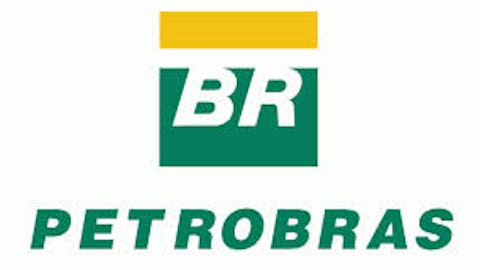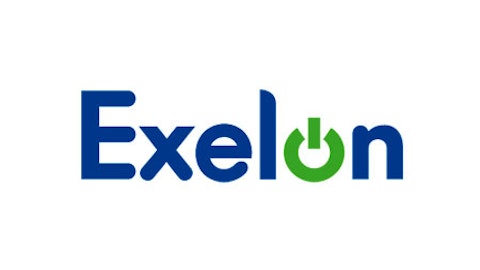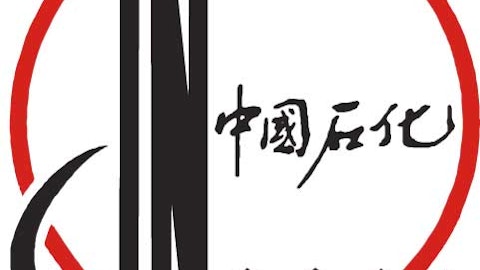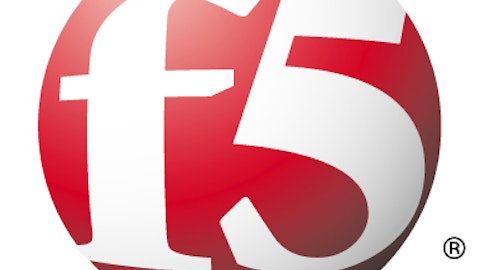The risk of governments meddling in the affairs of foreign-based oil companies is an important consideration. Harmful policies can quickly turn a highly profitable circumstance into a difficult, less lucrative operating environment. The recent deterioration of Petroleo Brasileiro Petrobras SA (ADR) (NYSE:PBR) is a telling example.
Petroleo Brasileiro Petrobras SA (ADR) (NYSE:PBR) is a Brazilian firm engaged in oil exploration, production, refining, and marketing. The company’s most appealing assets are its large oil and gas reserves. It has over 16 billion proven barrels of oil equivalent (BOE) mostly off the Brazilian coast. The company is also the major producer of fuel for Brazil’s growing economy.
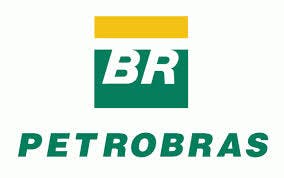
The main reason for this terrible performance has been government intrusion. The Brazilian government owns over 50% of Petroleo Brasileiro Petrobras SA (ADR) (NYSE:PBR) and its influence has hampered operations. One example is the insistence that a substantial portion of necessary drilling equipment be Brazilian made. As the country’s suppliers are without the capacity to produce what’s needed, this edict has forced the company to endure unexpected delays, reduced oil production and increased cost.
Governmental legislation has hurt profitability even more. The country’s politicians mandate low retail fuel prices for societal reasons. Because Petrobras’ selling price is much lower than the price it has to pay to produce the fuel; the company loses money in its refining business. These losses totaled about $5.3 billion in 2011, with the deficit jumping to $12.6 billion in 2012.
Valuing a company, basically multiplying expected average cash earnings by a discounting capitalization factor, in such a situation is very difficult. If Petroleo Brasileiro Petrobras SA (ADR) (NYSE:PBR) was an American firm, with the same superb oil & gas reserves and refining market share, it would probably deserve a higher capitalization multiple than the 8x industry average.
A 10x multiple might be reasonable given the company’s potential but with its history of government intervention, that would need to be reduced. For example, if one assumes a less restrictive government agenda, the company’s fair value looks to be around $17 a share based on earnings of $12.2 billion with a 9x multiple. But a more intrusive scenario results in earnings of $10 billion and an 8x multiple which drops the estimated reasonable business value closer to $10 per share.
Petrobras’ predicament is not unique. China Petroleum & Chemical Corp (ADR) (NYSE:SNP), otherwise known as Sinopec Shanghai Petrochemical Co. (ADR) (NYSE:SHI), faces many of the same issues. Sinopec engages in oil exploration, but its main business is refining. It is the largest refiner in Asia by annual volume and makes 60% more product per year than its nearest Chinese rival.
Sinopec is also hurt by government control over refined product pricing. The company’s adjusted earnings fell roughly 22% in the first half of 2012 mainly due to fuel subsidy policies. Sinopec also faces increasing costs due to a recent government dictate: Chinese energy firms are now expected to help solve the country’s massive pollution problem and Sinopec said it will need to spend about $4.8 billion a year to produce cleaner fuel.
Here again, calculating an appropriate fair value is difficult. Sinopec, being mostly active in refining but also working in a nicely growing market, probably deserves at least a 9x multiple if it wasn’t for government interference. However, due to its operating situation, both expected earnings and the multiple must be adjusted.
Assuming that less government intervention produces cash earnings around $13.7 billion and using an 8x multiple, Sinopec’s fair business value looks to be around $126 a share. But anticipating a difficult operating environment, similar to 2012, a value closer to $86 per share looks more reasonable based on $10.7 billion in earnings and a 7x multiple.
However, not every foreign oil company faces such government meddling. Most European companies don’t face onerous direct government intrusion. Here are two that have some appeal and may not be very well known.
TOTAL S.A. (ADR) (NYSE:TOT)
Total, a French company, is one of the largest publicly-traded integrated oil and gas companies in the world. It has operations in more than 130 countries and activities in oil and gas exploration, development, and production with over 11 billion BOE in proven reserves. It also has interests in refining, petrochemicals, and specialty chemicals.
The company had a poor 2012, hurt by a North Sea gas leak and ill-advised North American investments, but profits did improve in the fourth quarter thanks to stronger oil prices and better refining margins. Total looks for continued gains in 2013 by shedding underperforming assets and further restructuring refining operations.
With estimated sales around $240 billion and average adjusted cash earnings of $20.8 billion, Total looks to have a fair business value of around $64 per share based on a slightly discounted 7x multiplier. The conservative multiplier is probably prudent due to the company’s limited U.S. investor following and some foreign exchange translation exposure.
Eni SpA (ADR) (NYSE:E)
Italy-based Eni engages in oil and gas exploration and production, gas marketing, power generation, petrochemicals, and engineering activities. It has over 7 billion BOE of proven reserves.
The company delivered strong results in 2012 with oil production growth and stability in their European gas, refining and chemical sectors. The company seems to have excellent growth prospects, driven by a portfolio of development projects and success in exploration. On a comparable basis, production increased by 16% in the company’s third quarter of 2012. If the company meets expected sales of $150 billion and cash earnings around $15 billion, using a 7x multiplier puts the company’s intrinsic business value at roughly $57 a share.
Conclusion
To summarize, government intrusion into foreign oil companies can be a substantial risk and should be considered carefully. But this hazard doesn’t necessarily apply to every foreign firm. By parsing each company’s circumstance, a foreign oil company worthy of investment may be found.
The article The Risk of Government Intrusion in Foreign Oil Stocks originally appeared on Fool.com.
Copyright © 1995 – 2013 The Motley Fool, LLC. All rights reserved. The Motley Fool has a disclosure policy.

